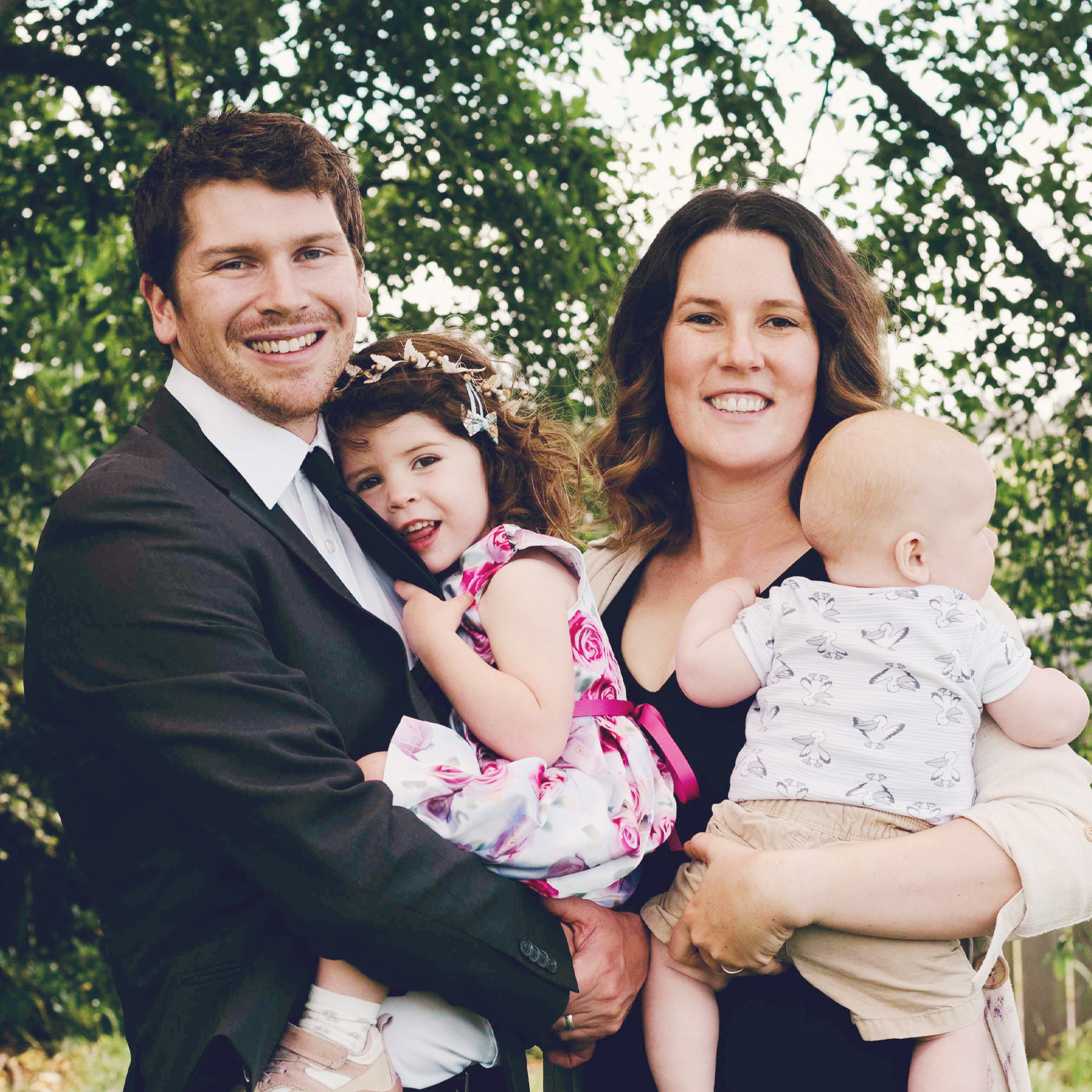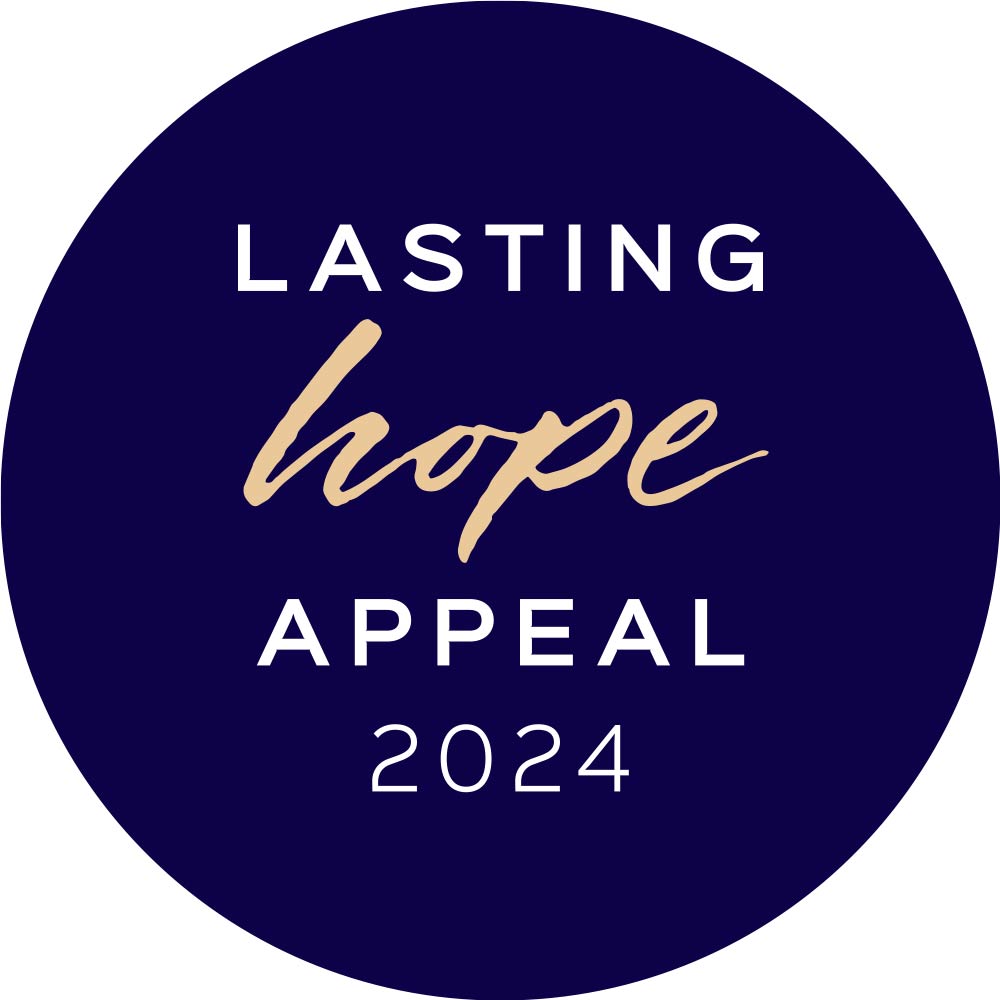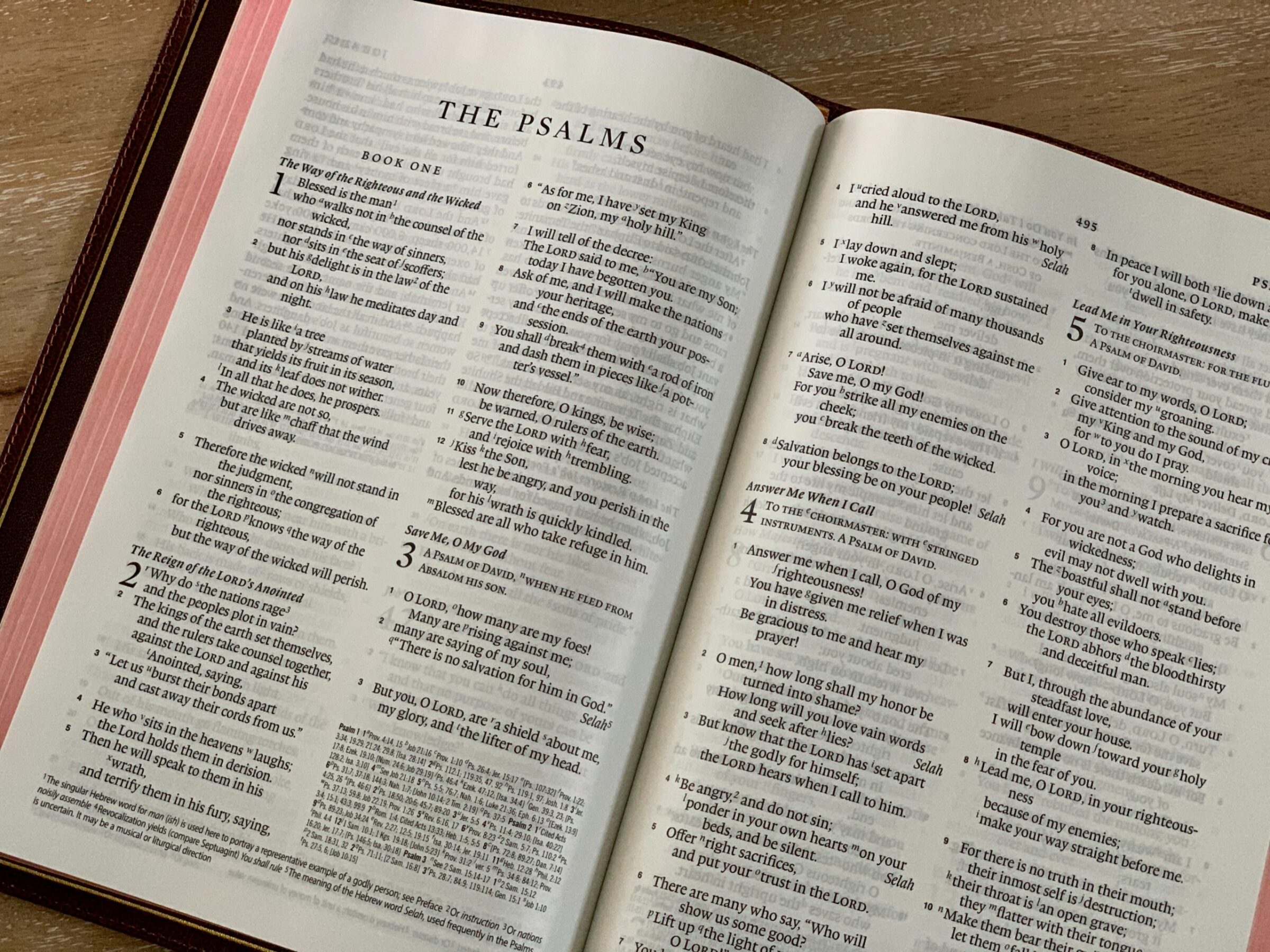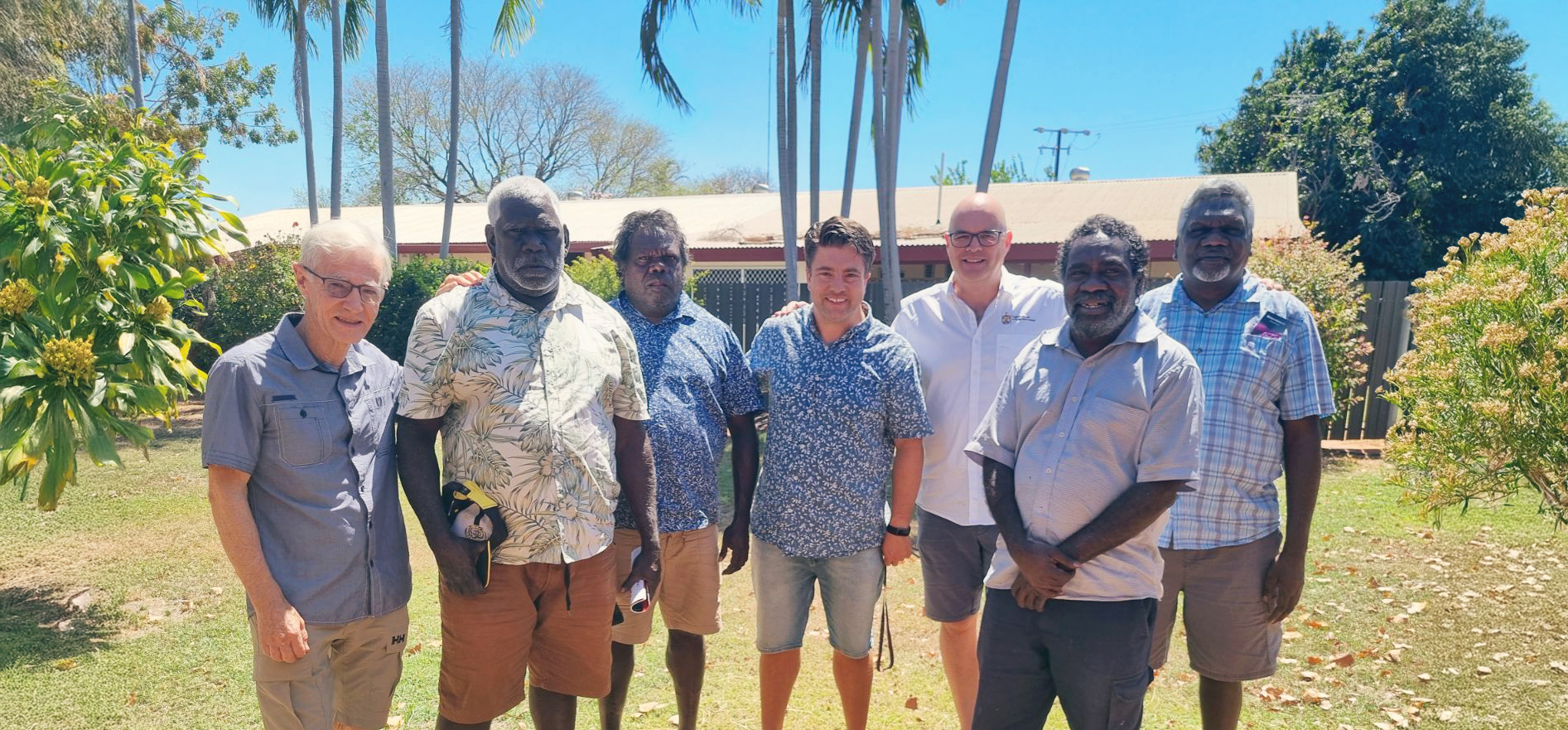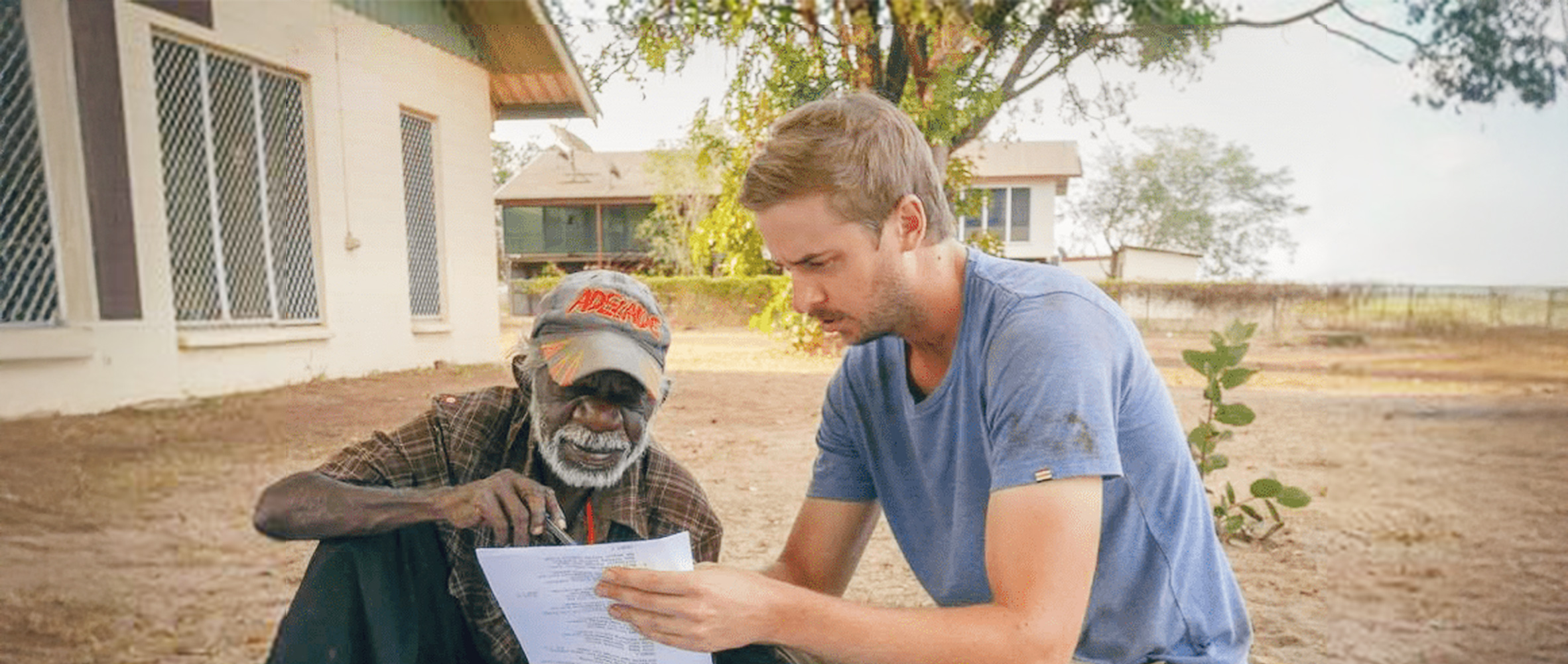The Psalms and Mission part 4: The Psalms, The Kingdom of Justice, and Mission
CMS missionary Nathan Lovell (serving with his wife Diane) is a Bible lecturer at George Whitefield College in Cape Town, South Africa. In this final contribution in his four-part series on the Psalms and mission, he looks to God as the great king who establishes justice.
Read parts 1-3 of the series:
- The Psalms and Mission Part 1: The Psalms, Authority, and Mission
- The Psalms and Mission Part 2: The Psalms, Creation, and Mission
- The Psalms and Mission part 3: The Psalms, Praise, and Mission
This is the fourth and final instalment in a series of reflections on the Psalms and Christian mission.
In previous reflections, we looked at the Psalms as they spoke of
- God’s authority and mission
- God’s creation and mission
- God’s praise and mission.
This final part of our series looks at the type of kingdom that the Psalms yearn for, and the type of people we might become as we—through the power of the Spirit of God—live lives shaped by the yearning of the Psalmists.
Gospel readers will be familiar with the repeated proclamation of “the kingdom of God”. Jesus’ first words in Mark’s gospel are: “‘The time has come,’ Jesus said. ‘The kingdom of God has come near. Repent and believe the good news!’” (Mark 1:14-15)
The Kingdom of God
Let us reflect more closely on this kingdom that Jesus proclaims: “the kingdom of God”.
The precise phrase “kingdom of God” doesn’t actually appear in the Psalms. In fact, it’s rare in the Old Testament, only occurring in 1 and 2 Chronicles. Even so, the concept of the kingdom is clearly present (e.g. Psalm 45:6). When we speak of God’s ‘kingdom’ we’re using shorthand for an enormous concept.
Kingdoms don’t have to be literally a nation ruled by a king. When we talk about a kingdom, we might be talking about a business empire, or even a very large family. Even modern democracies are ‘kingdoms’ in a manner of speaking, even though they don’t have a king.
Loosely speaking, a kingdom is a group of people with a commonly recognised leadership: some sort of culture that unites them—like shared history, public memories, common laws or customs, and a common purpose or shared hope. They might or might not be defined by territory. But even those without land will have a boundary. Not everyone is part of any kingdom. Some are ‘in’, some aren’t.
When we became Christians, the apostle Paul tells us we were, “delivered from a kingdom of darkness and transferred into the kingdom of God’s beloved son” (Colossians 1:13).
But this wasn’t a simple process, because ‘kingdom’ and ‘culture’—including the culture we live in—go together. Changing allegiance involves changing identity, habits, and practices, and becoming someone we weren’t before.
Let us think, then, about kingdom unity. For as part of God’s kingdom, people from every culture will need to submit to God’s standards for justice and righteousness, and to find peace together. (You can read more about kingdom diversity in part two of this series).
The Kingdom God fights for
Like any king, God fights for the kingdom he builds. Many of us feel uncomfortable with the idea of God as a warrior, but it is, in fact, a very common theme in the Psalms:
Who is this King of glory?
The Lord strong and mighty,
the Lord mighty in battle.
– Psalm 24:8
Fire goes before him
and consumes his foes on every side.
His lightning lights up the world;
the earth sees and trembles.
The mountains melt like wax before the Lord,
before the Lord of all the earth.
– Psalm 97:3–5
Our discomfort with passages like this arises because throughout history we have heard many peoples and nations claim that God was fighting on their side, and so their cause was, by their definition, just. Christians have started wars in God’s name and marched armies under the banner of the cross.
But the relationship between war and justice is the other way around. God doesn’t fight for Israel simply because they are his people. And Israel’s cause is not always right, just because the LORD is their God. In fact, God doesn’t always fight for Israel at all:
But you have rejected, you have spurned,
you have been very angry with your anointed one.
You have renounced the covenant with your servant
and have defiled his crown in the dust.
You have broken through all his walls
and reduced his strongholds to ruins.
– Psalm 89:38–40
God doesn’t fight for Israel. God fights for justice and righteousness. His plan ultimately is to establish his kingdom through Israel and through their king, as we have seen (e.g. Psalms 2, 72). But when the people of Israel are wicked, he is just as willing to fight against them. In the same ‘God-as-warrior’ Psalms we are speaking about now, we find statements like these:
Righteousness and justice are the foundation of your throne;
love and faithfulness go before you.
– Psalm 89:14
Clouds and thick darkness surround him;
righteousness and justice are the foundation of his throne.
– Psalm 97:2
The reason God must fight is that the wicked of this world, those who act unjustly, and the corrupt rich, the powerful of this world generally, have no interest in seeing God’s kingdom come (e.g. Psalm 10). He also fights because often those who act righteously can’t fight for themselves (also Psalm 10).
But God will not let injustice rule forever. God is a ‘justice warrior’! Not in the sense in which we normally use such a phrase. He’s not an agitator, or a freedom fighter, or a political lobbyist, or a social-media influencer. He is a warrior-king who will build a kingdom of righteousness, who expects his people to act justly, and who will ultimately punish with violence those who will not.
We call this divine judgement—another unpopular concept. But the Psalms celebrate the judgement of God because, in Hebrew, justice and judgement are the same word (Hebrew mishpat):
Let all creation rejoice before the Lord, for he comes,
He comes to judge the earth.
He will judge the world in righteousness
and the peoples in his faithfulness.
– Psalm 96:13
Kingdom lives, kingdom hope
The problem of our world, however, is that we do not see justice. That is, “we do not yet see everything subject to Jesus” (Hebrews 2:8).
This reality is echoed by the Psalmist:
For I envied the arrogant
when I saw the prosperity of the wicked.
They have no struggles;
their bodies are healthy and strong.
They are free from common human burdens;
they are not plagued by human ills.
…
From their callous hearts comes iniquity;
their evil imaginations have no limits.
They scoff, and speak with malice;
with arrogance they threaten oppression.
Their mouths lay claim to heaven,
and their tongues take possession of the earth.
– Psalm 73: 3–5, 7–9
The Kingdom of God, ruled in righteousness, with justice, and bringing peace, isn’t a reality for the Psalmist. Indeed, it is not a reality for us today. Our world looks like Psalm 73, and our feet almost slip alongside his—and we envy the rich as well!
But God’s kingdom is a promise and a hope. The humble thirst for it, and they will be satisfied (Psalm 63:1, 5). The meek will inherit the earth (Psalm 37:34). Every time we come across those awkward Psalms that ask God to, “break the teeth of the wicked” (Psalm 3:7) or “blot out their name forever” (Psalm 9:5), we are praying that God would finally bring forth his kingdom where wickedness and injustice will be no more. We are praying “your kingdom come” (Matthew 6:10).
But more than this, the Psalms remind us that we can live lives worthy of the Kingdom of God amid a world opposed to him.
They invite us over and over to:
- “taste and see that the Lord is good” (Psalm 34:8)
- learn God’s laws and “meditate on them day and night” (Psalm 1:2).
- learn these laws because they “make the simple wise” and “give life to the soul” (Psalm 19:7)
The longest Psalm of all, Psalm 119, begins by exhorting us to a blameless life, to walk according to God’s perfect law—not because by doing so we will somehow be worthy of the Kingdom of God. But because those who flee to God in a world of chaos and calamity (Psalm 46) will never be condemned (Psalm 34:22).
In the Kingdom of God,
- the humble and lowly of this world are saved (Psalm 18:27)
- guided in righteousness (Psalm 25:9)
- sustained during opposition (Psalm 147:6),
- and finally crowned in victory (Psalm 149:4).
The Kingdom of God is good news only for those who don’t exalt themselves. But for those who flee to God for refuge, it’s very good news. In fact, it’s something to proclaim to the nations. And it’s something to write songs about! Could you write such a song? Could you proclaim such a message? That is the work that CMS has committed itself to do, to the glory of God.
PRAY
Give thanks to God for his promise of justice and righteousness. Pray that we too will yearn for his kingdom to come.






